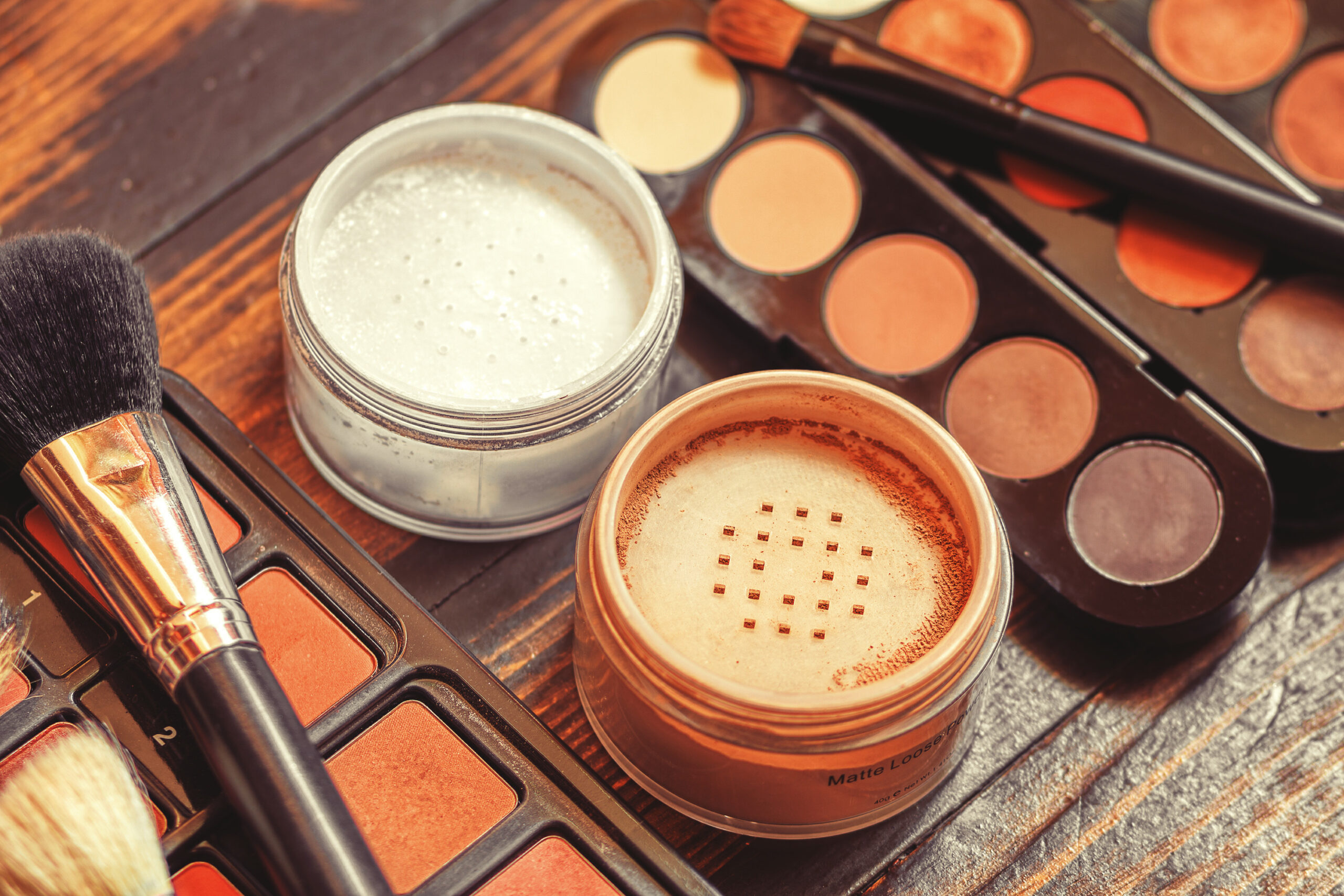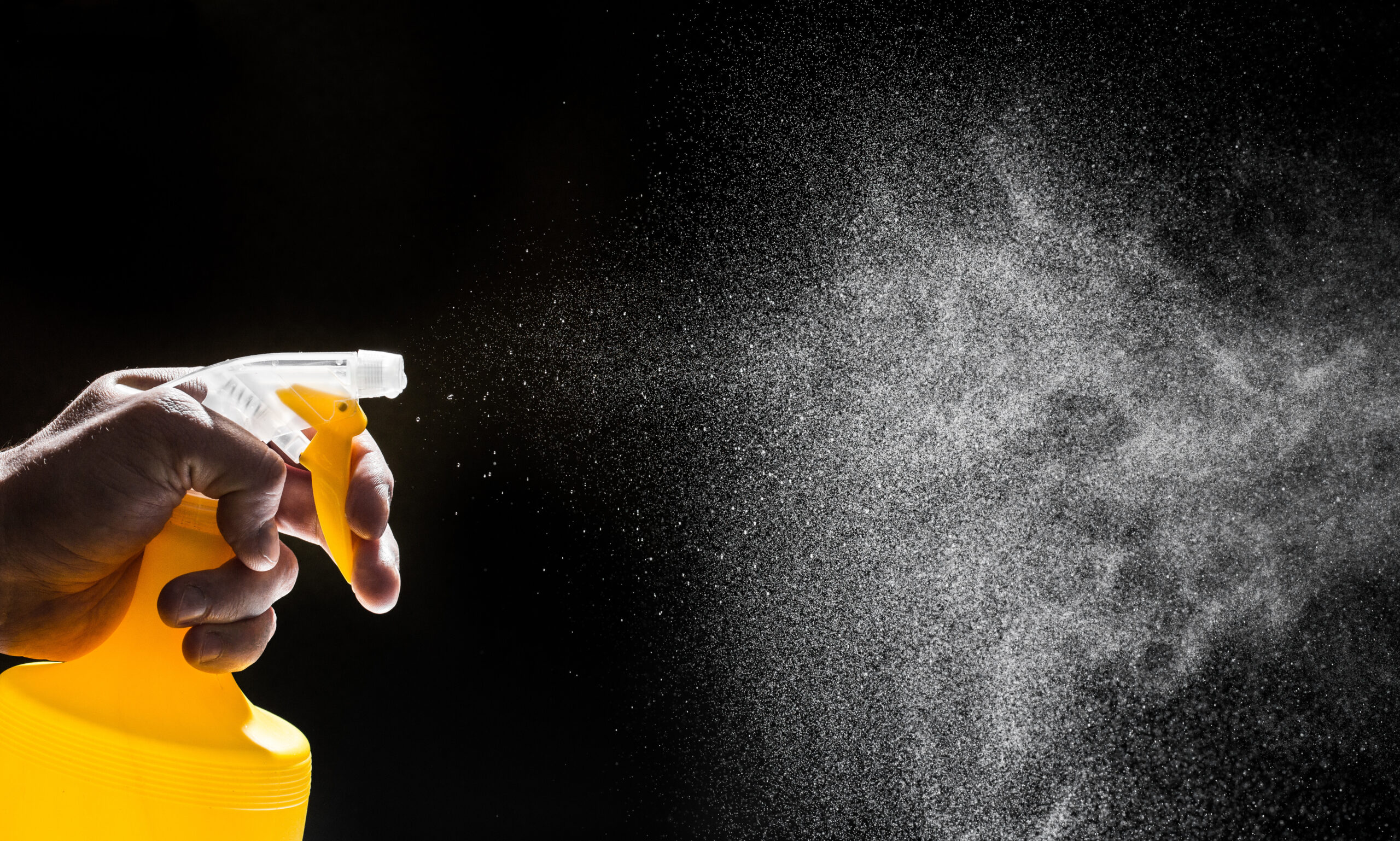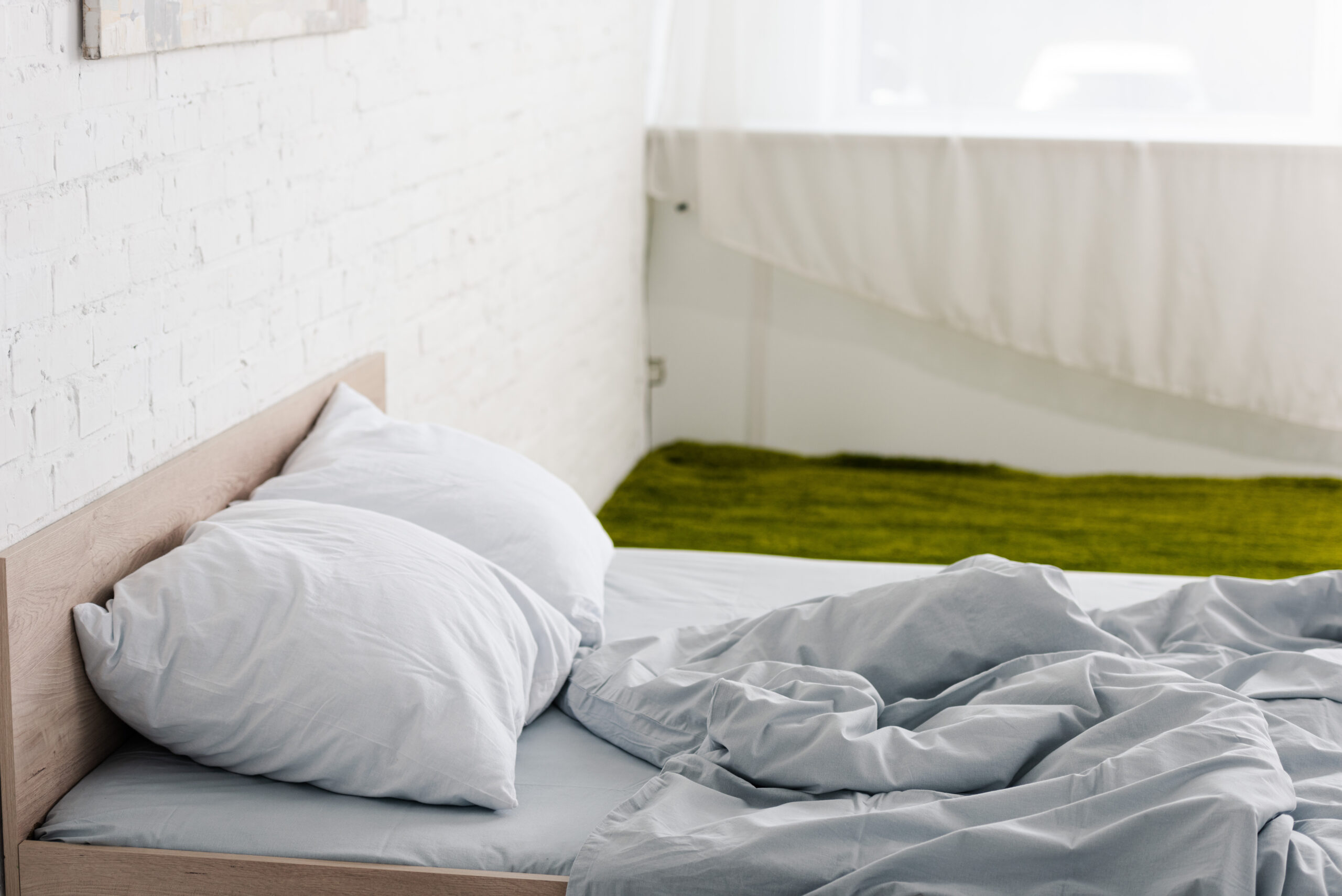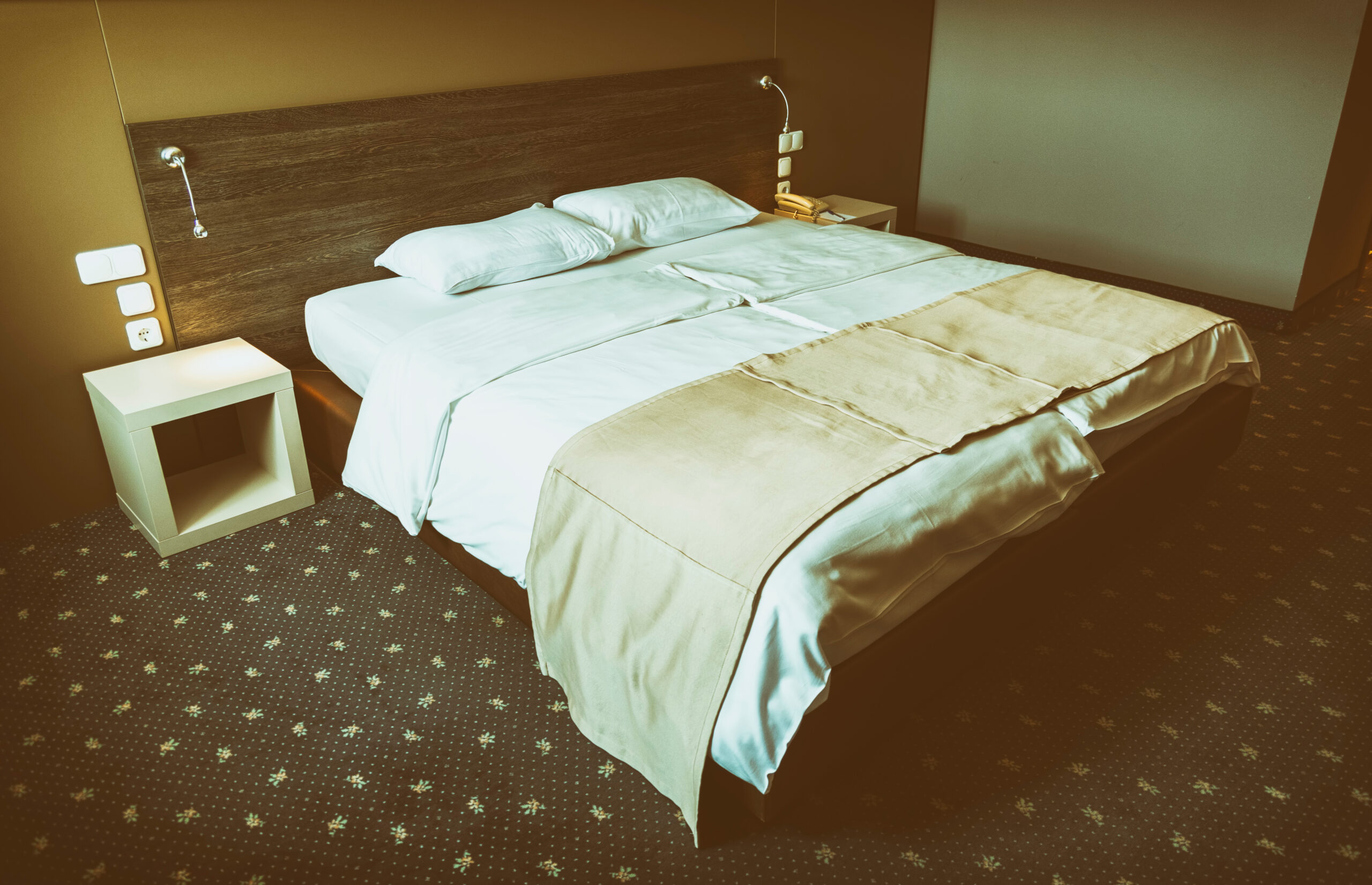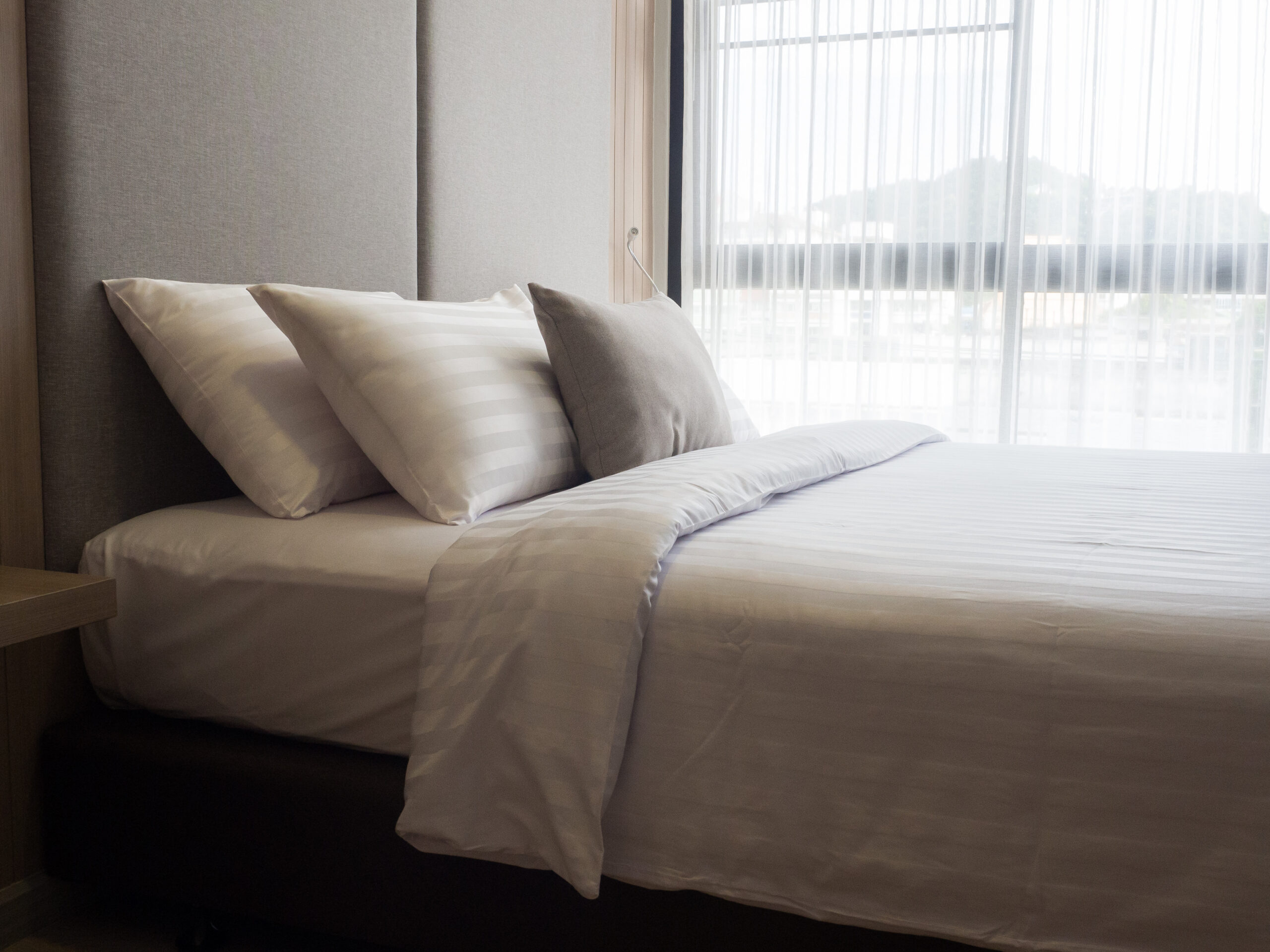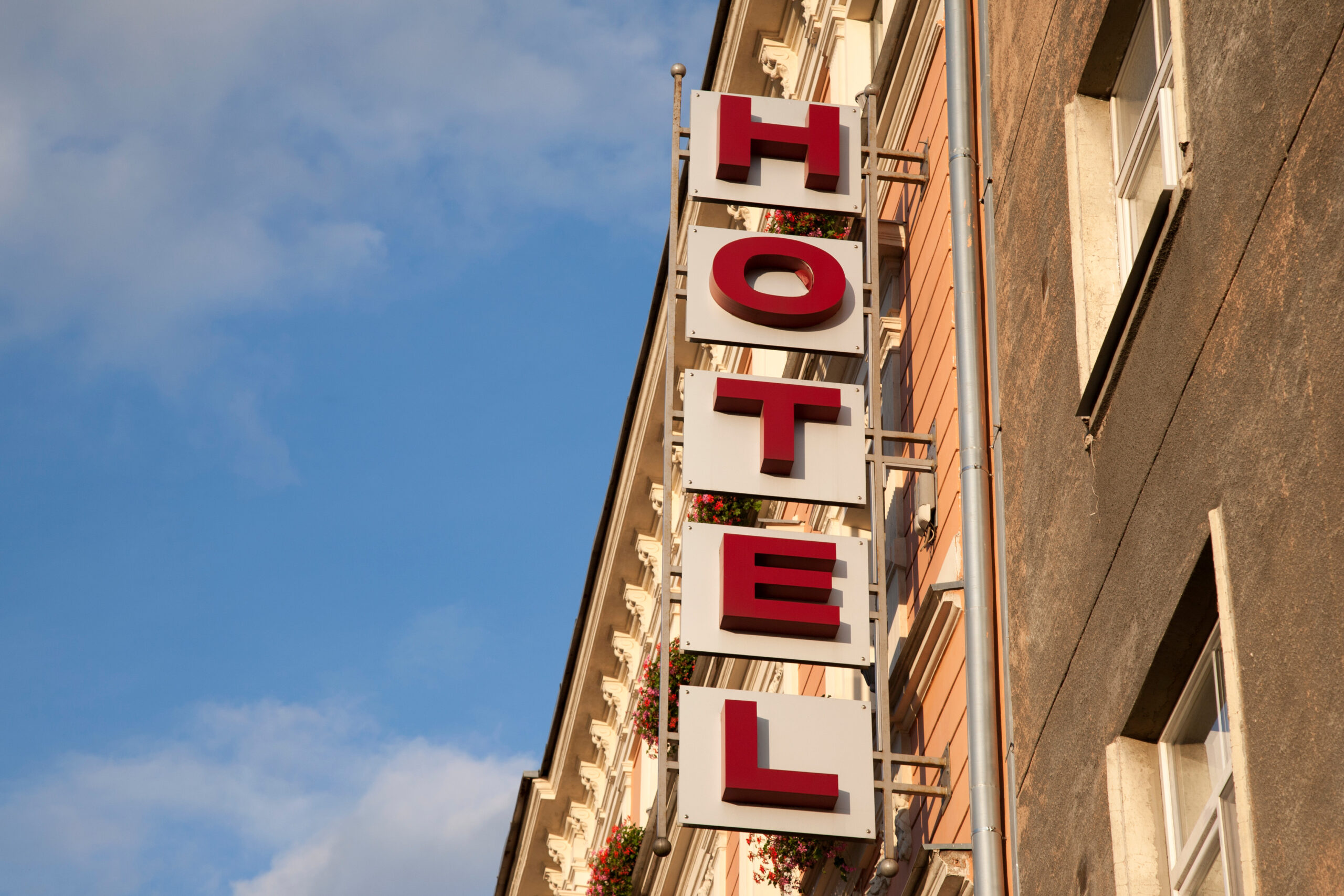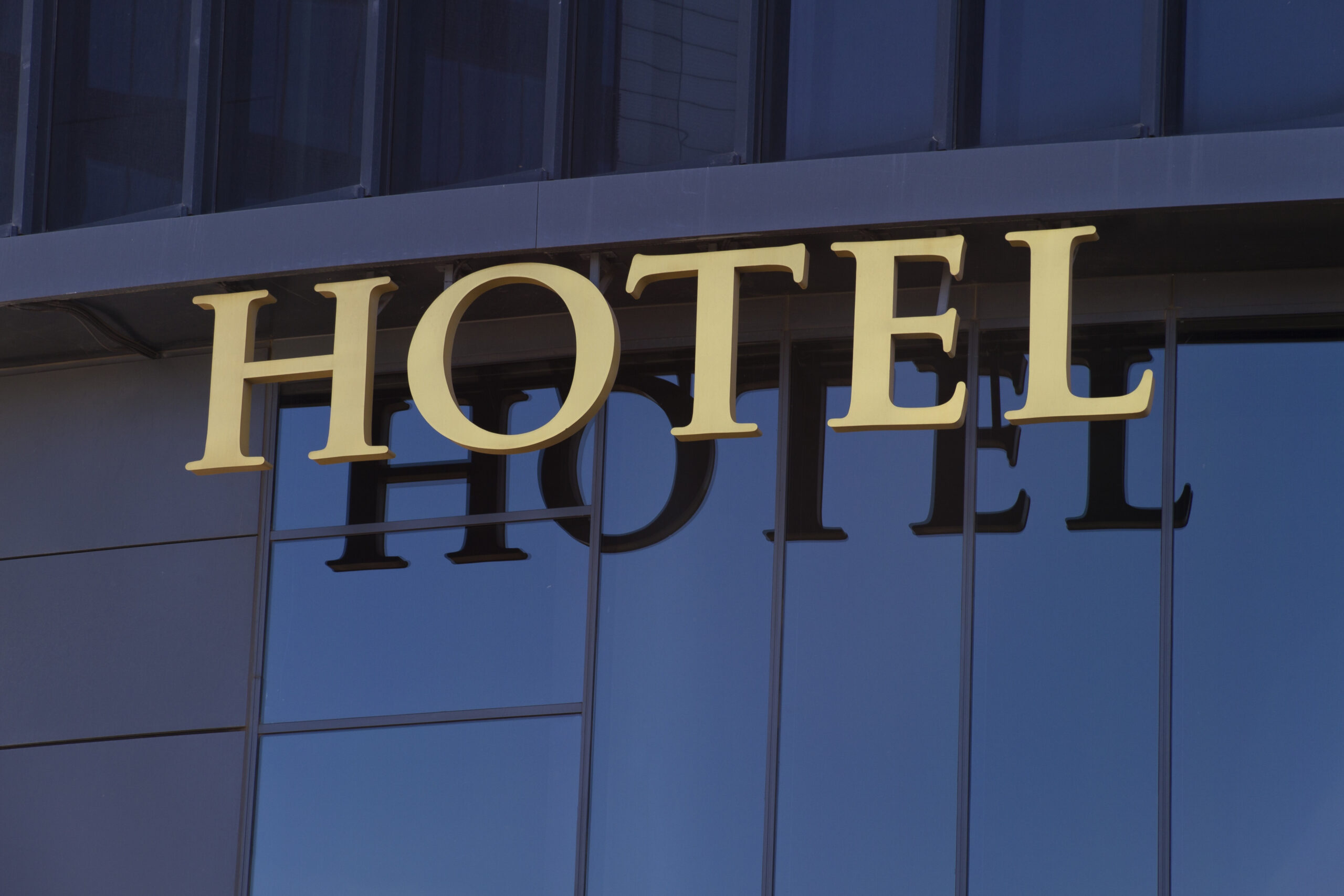
123rf
When you check into a hotel room, you’re often greeted by the comforting sight of crisp linens and gleaming surfaces. But the pristine facade may hide some less savory realities of hotel room preparations. Here are fifteen insider secrets that might make you think twice the next time you swipe your key card.
1. The Remote Control Isn’t as Clean as You Think
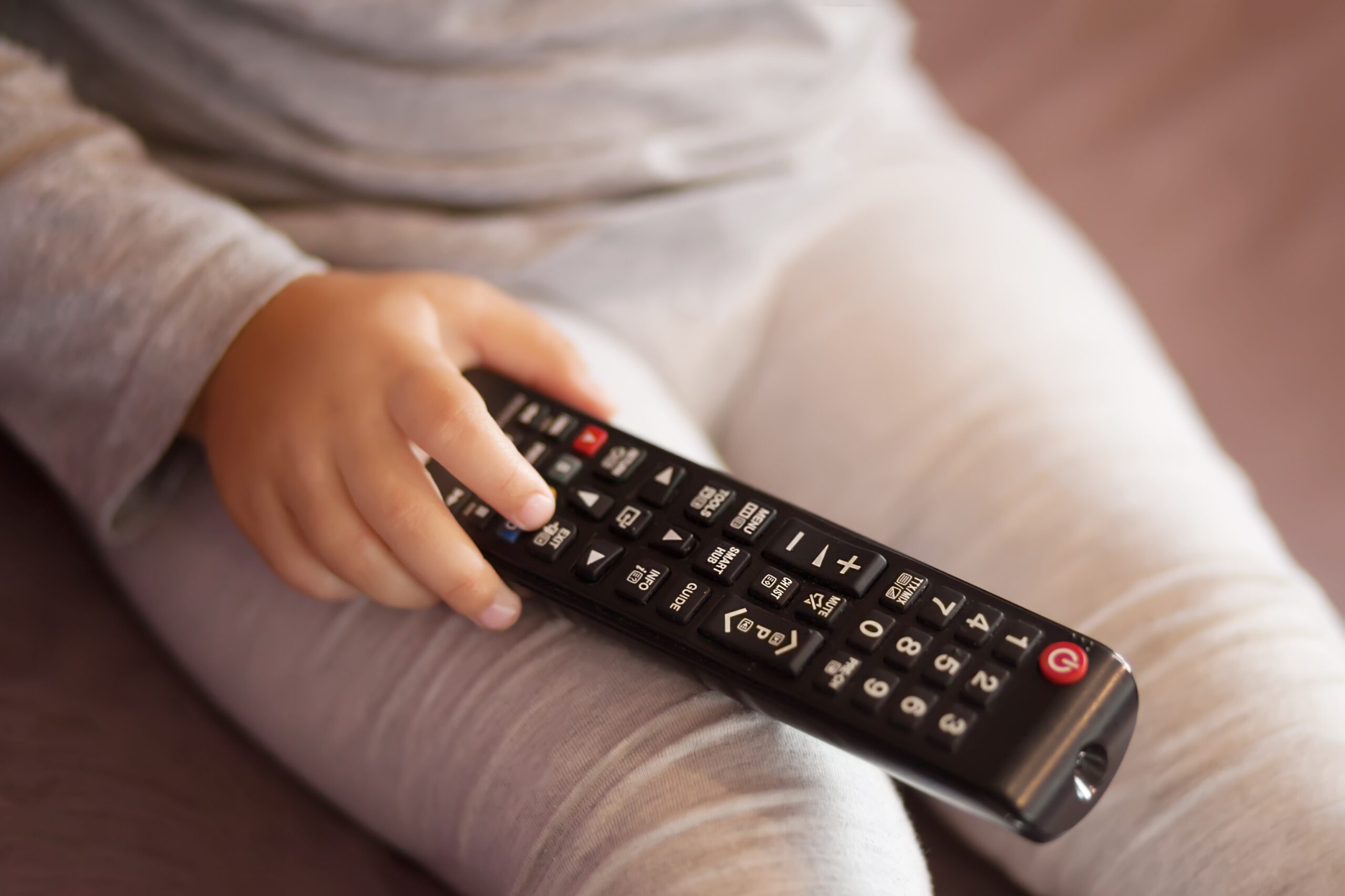
123rf
Despite being one of the most frequently used items in a hotel room, remote controls are not always adequately sanitized. Housekeeping staff are under tight schedules, often causing them to just give these devices a quick wipe, if at all. Studies have shown that remote controls are hotspots for germs and bacteria. Next time, you might want to use a hand sanitizer after flipping through the channels. Some guests wrap the remote in a plastic bag as a makeshift solution. It’s a small step that can make a big difference in your personal hygiene during your stay.
2. Your Glasses Are Not Always Washed Thoroughly
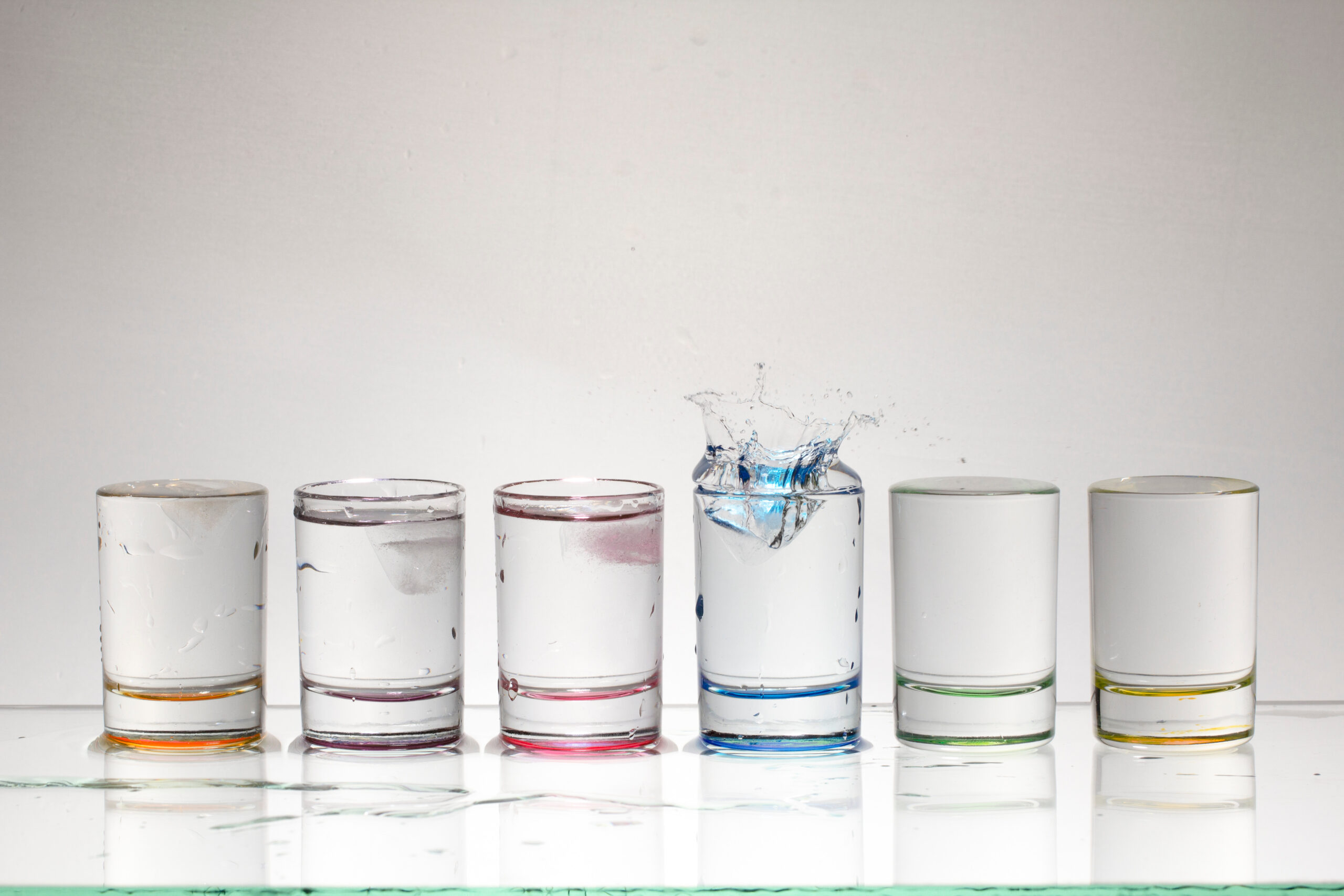
123rf
The glasses by your bedside might have just received a quick rinse under the tap rather than a thorough washing. Housekeepers often use the same cloth to clean multiple surfaces, including these glasses. Some hotels have moved to sealed, disposable cups as an assurance of hygiene, but not all have adopted this practice. This shortcut not only questions the cleanliness but also your health safety. A tip? Rinse them yourself before use or use disposable ones brought from home.
3. Bedbugs Could Be Lurking
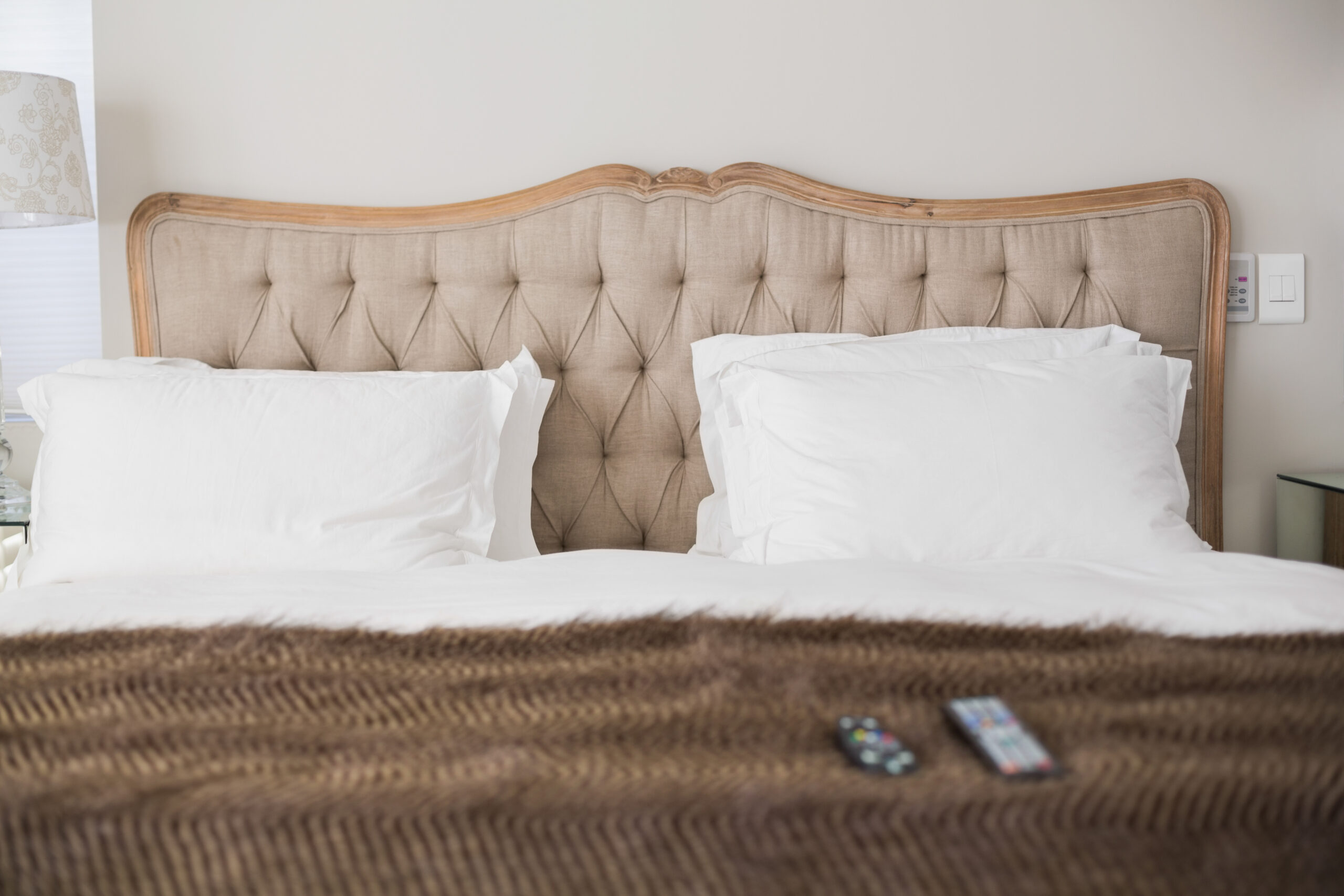
123rf
No hotel is immune to the dreaded bedbug, regardless of its star rating. These tiny pests can hitch a ride on anything from luggage to clothing and make themselves at home in mattress seams and box springs. Hotels often manage infestations discreetly to avoid damaging their reputation. Always inspect the bed thoroughly upon arrival—check the corners of the mattress and look behind the headboard. Consider keeping your suitcase on a luggage rack away from the bed and walls. If you spot any signs of bedbugs, request a room change immediately or consider another hotel.
4. The Cleaning Cloths Are Multi-Taskers
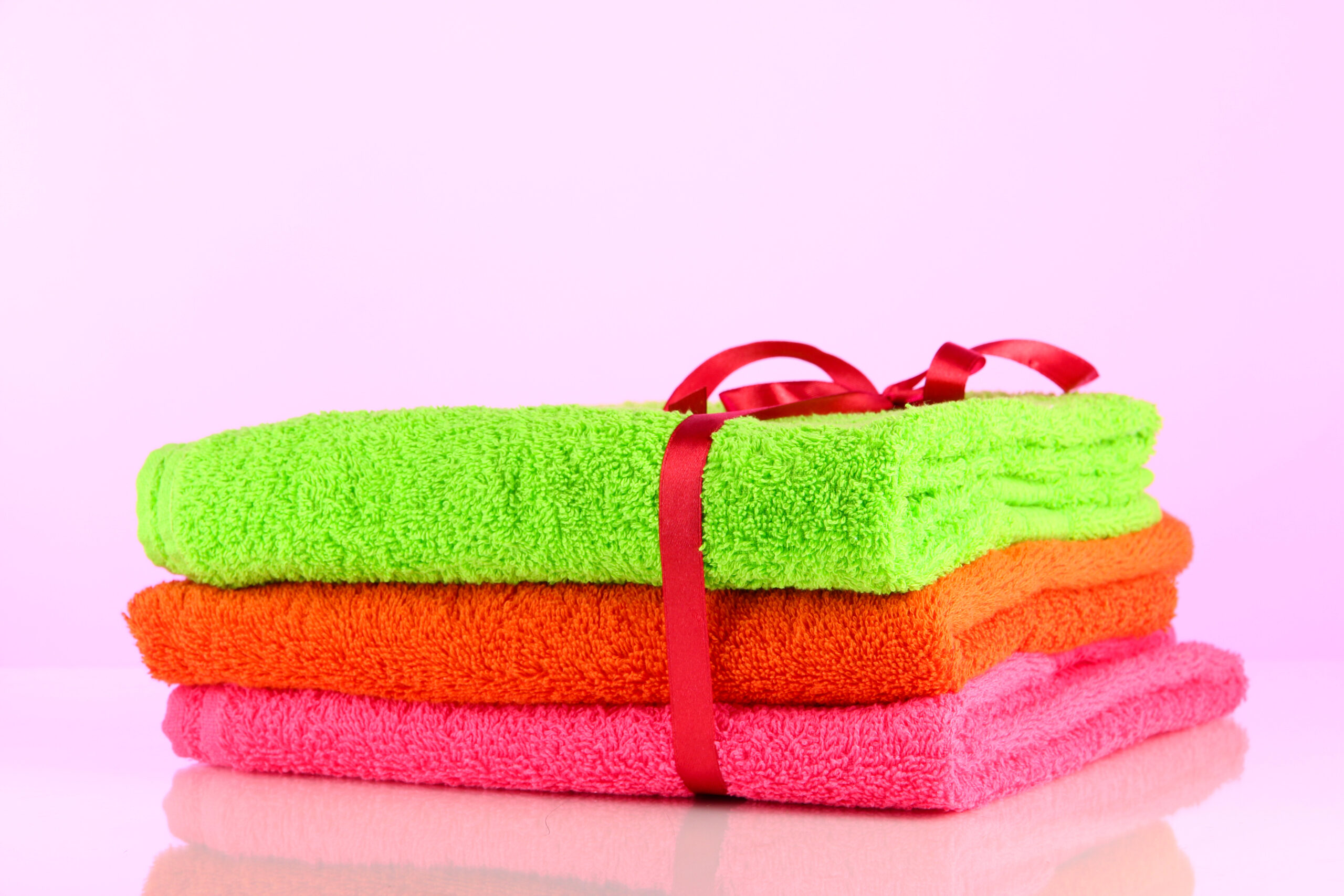
123rf
The same cloth that cleans the bathroom might be used to wipe down the bedside table or the telephone in your room. Cross-contamination is a real risk, especially in smaller hotels or during busy seasons when staff are rushed. Some hotels are adopting color-coded cloths for different cleaning areas to combat this issue. Always keep personal items like toothbrushes and face towels tucked away in your bag or covered. Additionally, using antibacterial wipes on surfaces you frequently touch can provide extra peace of mind.
5. Not Everything Is Changed or Cleaned
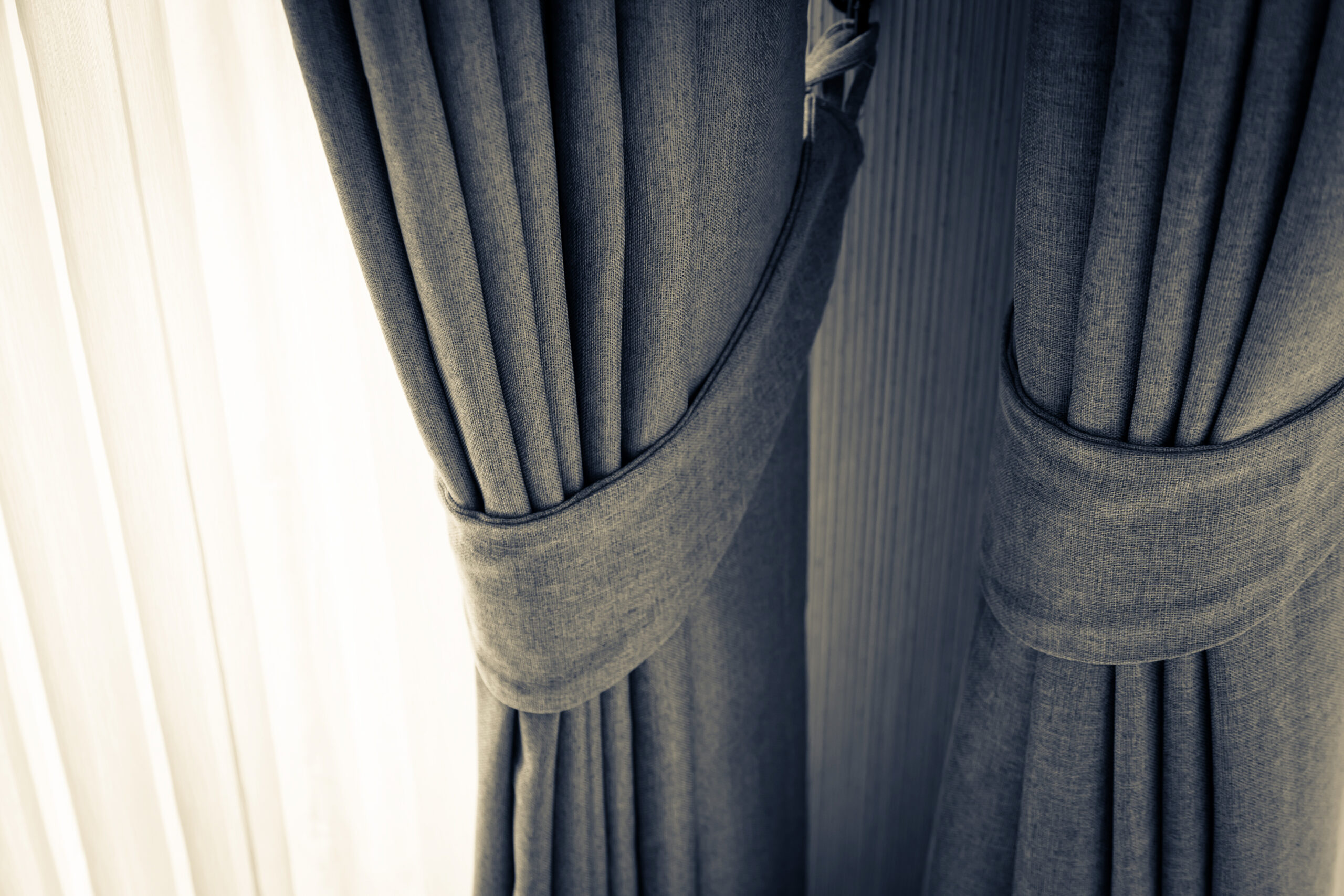
123rf
While sheets are typically replaced between guests, bulkier items like bedspreads and curtains often aren’t. These items can harbor dust, allergens, and more, and are usually cleaned only periodically. Throw pillows and decorative covers are rarely laundered and can accumulate months of use. To avoid contact with these less-cleaned surfaces, you might consider removing them from the bed entirely during your stay. Always inquire about the cleaning protocols if you’re particularly sensitive to allergens.
6. Hidden Cameras: Rare but Real
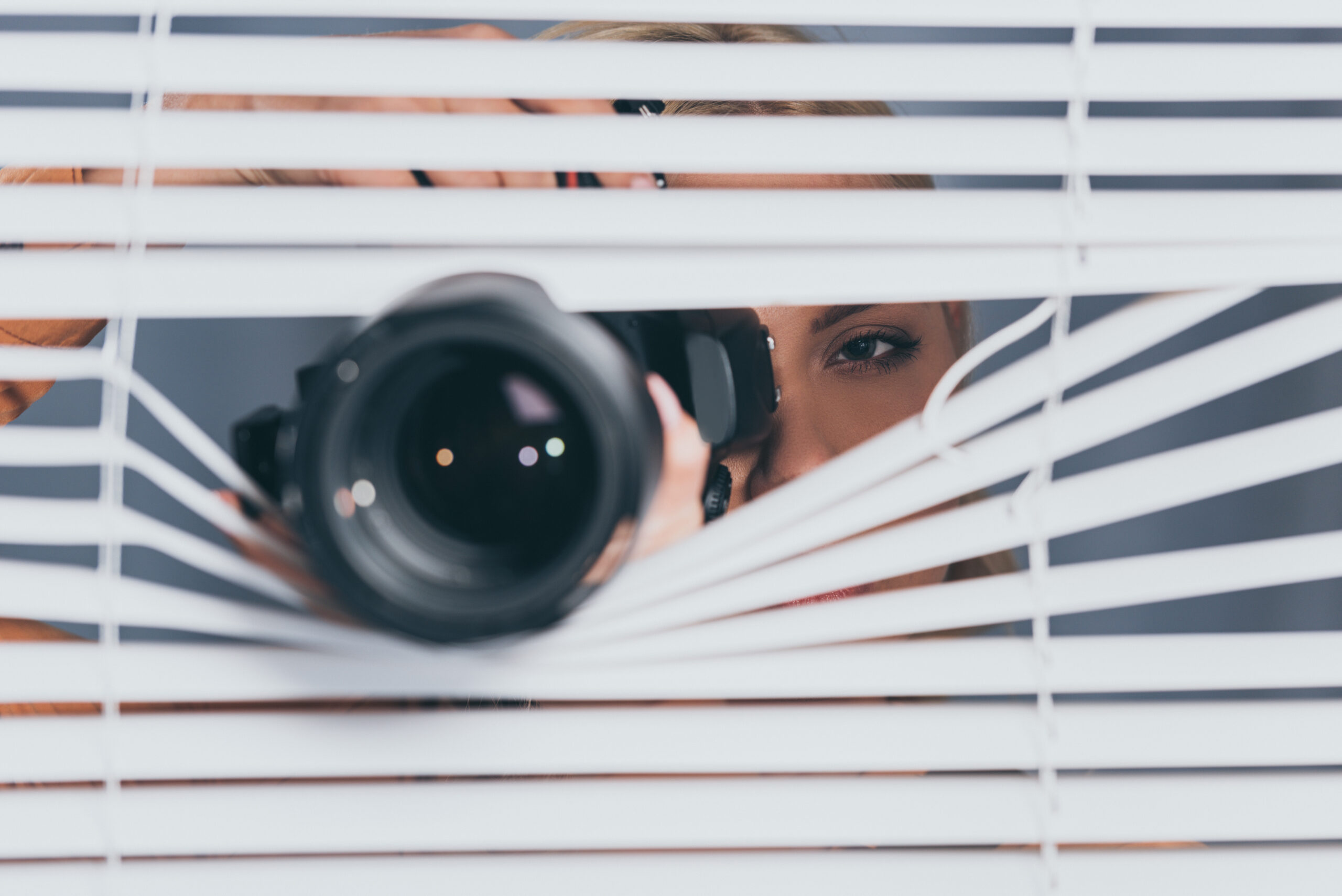
123rf
Though exceedingly rare, incidents of hidden cameras found in hotel rooms have been reported. These cameras can be concealed in seemingly innocuous items like smoke detectors, clocks, or even stuffed animals. Always do a quick sweep of your room to check for anything that seems out of place. Familiarize yourself with the appearance of common devices found in hotel rooms so you can identify any anomalies. If you have any concerns, inform hotel management immediately. For extra security, covering any suspicious devices with a towel can temporarily alleviate concerns.
7. Housekeeping Might Snoop
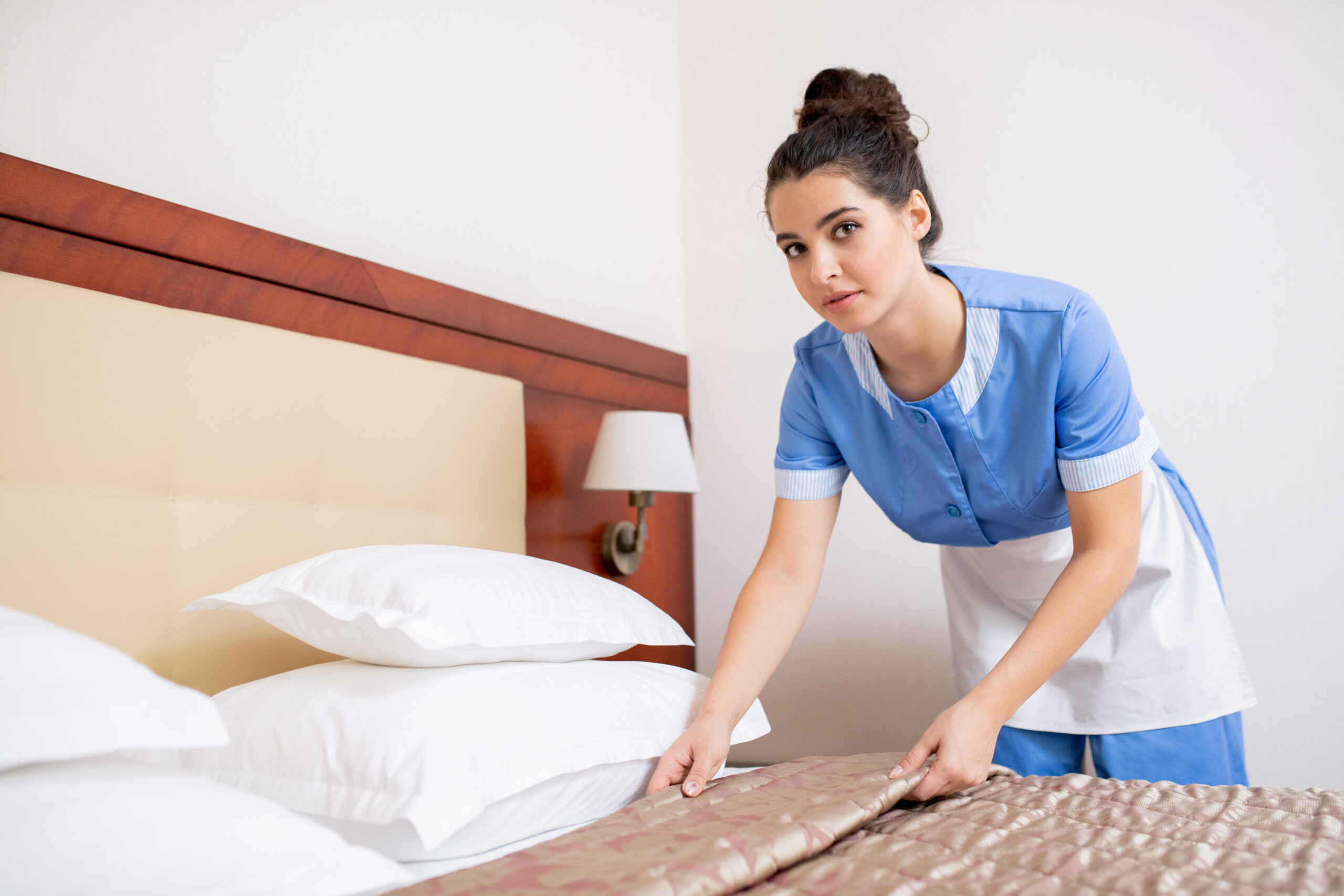
123rf
It’s an uncomfortable thought, but sometimes curiosity gets the better of housekeeping staff. Employees might go through your personal belongings, not usually with ill intent but out of a simple curiosity. To protect your privacy, utilize the safe provided in the room for valuables and personal documents. Consider keeping your suitcase locked when you’re out. Be cautious with how you leave personal items around the room.
8. Overused Cleaning Equipment
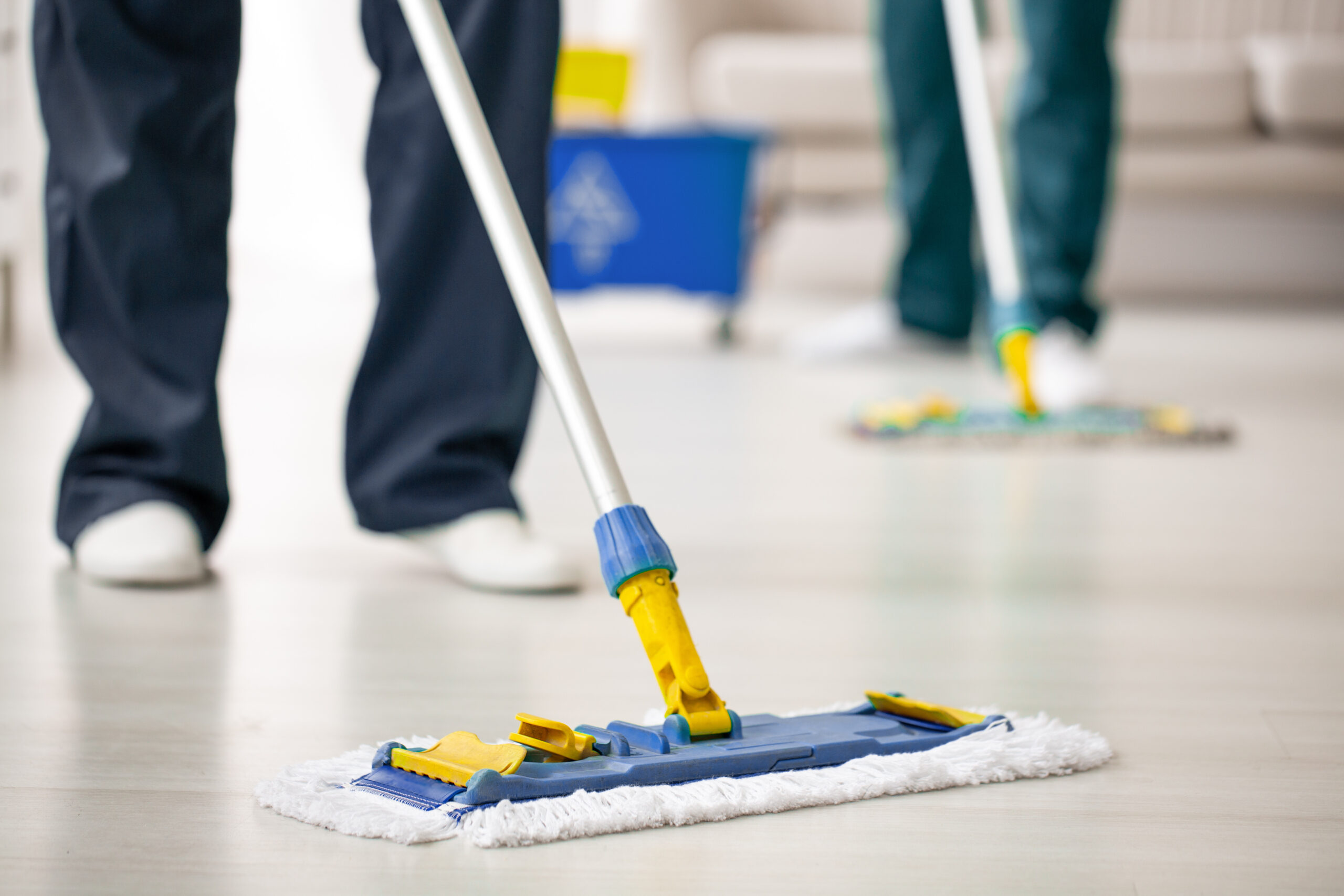
123rf
Vacuums, brooms, and mops used in hotel rooms are often not cleaned or replaced as regularly as they should be. This leads to the spread of dirt and debris from one room to another. While the surfaces might look clean, they’re often just superficially tidied up. Asking for additional cleaning during longer stays can mitigate some of these concerns. It’s also wise to avoid walking barefoot on carpets.
9. The Minibar Restock Check
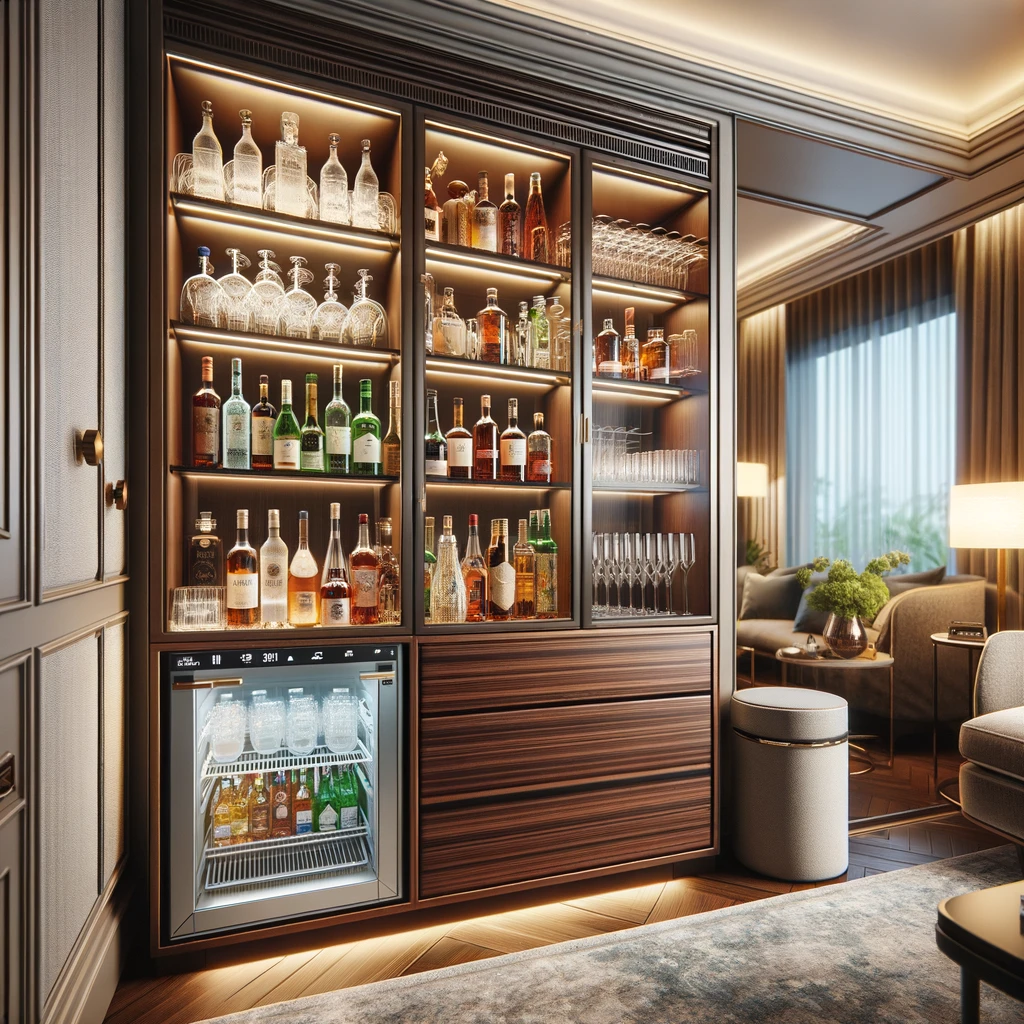
DALL-E
Mini bars are restocked, but not every item is replaced after each guest. Items that aren’t sealed can be used and returned by previous guests. Always check seals and packaging for tampering before consuming anything from the minibar. If you’re uncertain about the integrity of the items, it’s best to avoid using the minibar altogether.
10. Plumbing Problems Are Common
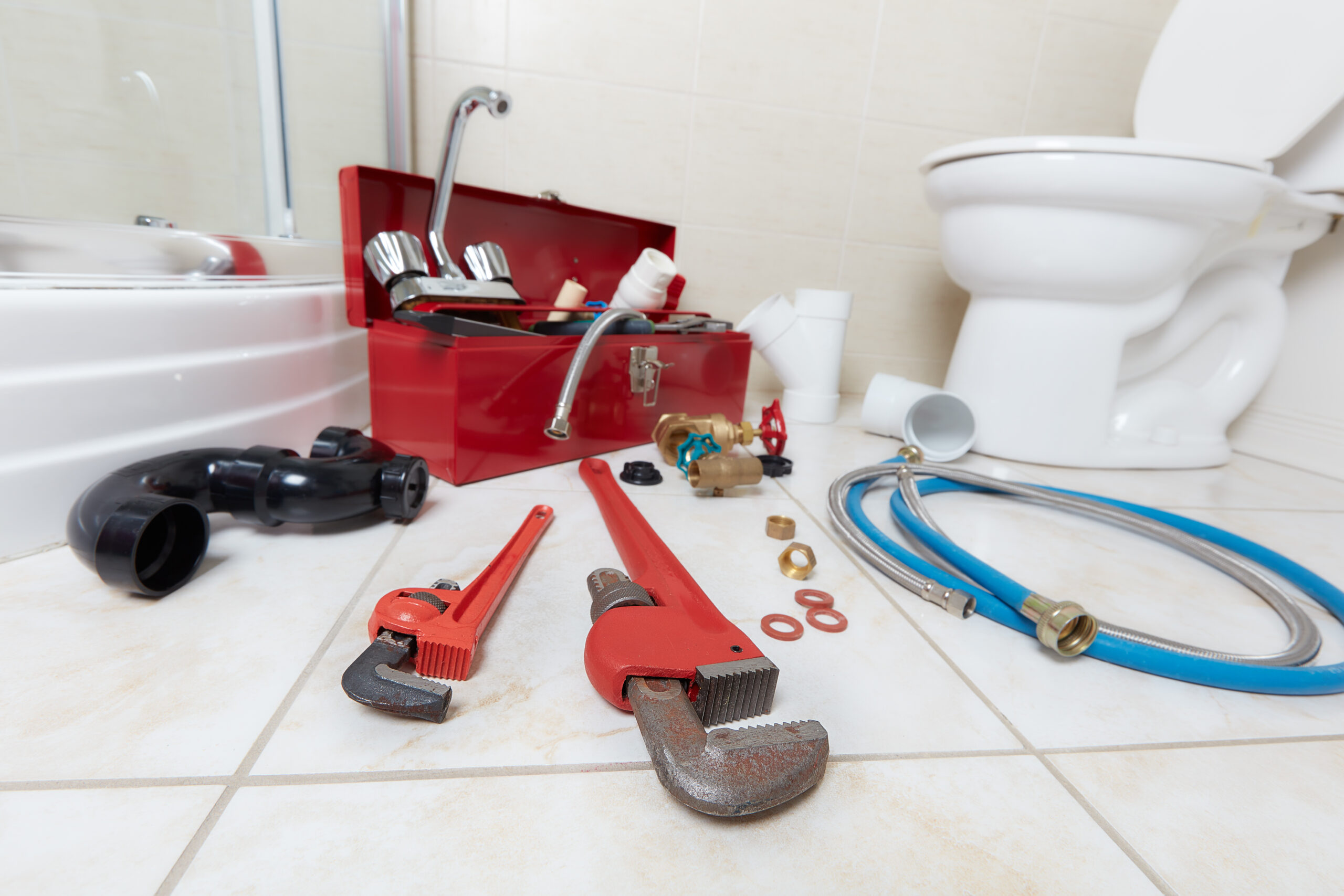
123rf
Hotel plumbing undergoes significant wear and tear due to constant use. Issues like slow drains, dripping faucets, or inadequate water pressure are common but often overlooked during routine cleaning. Always run the taps for a moment and check the shower before settling in to ensure everything is in working order.

